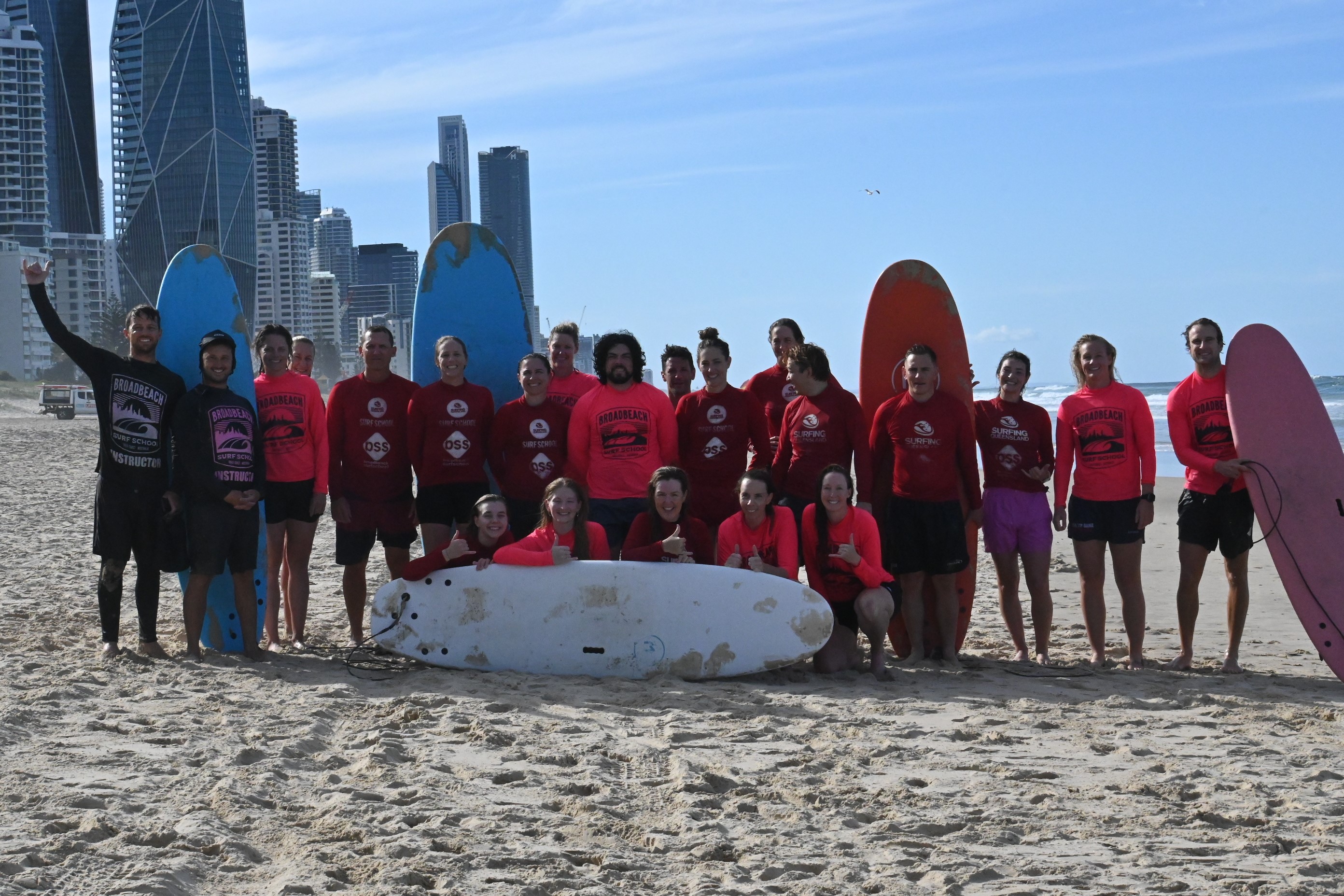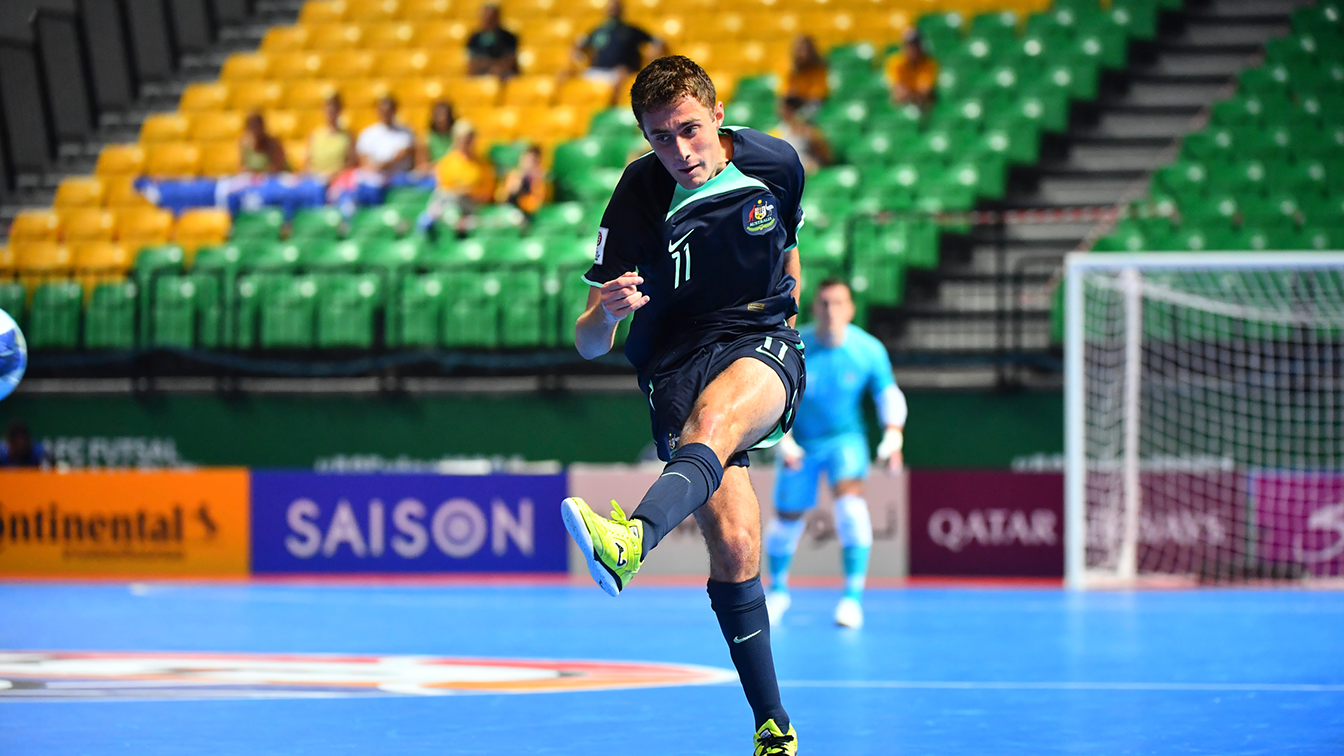Improving understanding of indigenous financial inclusion and exploring how central banks can incorporate this knowledge into their policy decisions, was the focus of the Central Bank Network for Indigenous Inclusion (CBNII) Symposium held in Tāmaki Makaurau 28 and 29 September.

Professor Te Maire Tau.
Hosted by Te Pūtea Matua (Reserve Bank of New Zealand), this is a bi-annual conference to share research, engage in meaningful discussion and enhance collaboration between central banks and indigenous partners. The first CBNII Symposium was hosted by the Bank of Canada, in partnership with the Tulo Centre of Indigenous Economics and Te Pūtea Matua (Reserve Bank of New Zealand) in 2021.
Te Whare Wānanga o Waitaha | University of Canterbury (UC) Office of Treaty Partnership pou whakarae Professor Te Maire Tau delivered a keynote discussion at the symposium on restoring indigenous economies. He was joined by Chief Commissioner Manny Jules of the First Nations Tax Commission and Dr Andre Le Dressay of the Tulo Centre of Indigenous Economies.
Professor Tau said that the symposium provided an opportunity for indigenous nations, who are currently largely excluded from direct participation in economic decision making, to explore a range of opportunities for enhanced inclusion.
“Our concern is the implementation of a tribal economy upon our reserves and within our communities. While there is talk by economists of a Māori economy, what they are really talking about is Māori businesses within the Nation State economy. Indigenous people must be able to regulate their resources and have fiscal jurisdiction over their revenue and liabilities rather than be recipients of Crown transfers,” said Professor Tau.
Ngāi Tahu and UC have already made steps to break down the barriers for indigenous self-determination and economic reconciliation through a committed relationship with The Tulo Centre of Indigenous Economics (Tulo Centre) and Thompson Rivers University (TRU) in Kamloops, British Columbia – where First Nation tribal economics is world-leading.
The MOU commits parties to explore opportunities to deliver unique indigenous-led courses and a formal pathway to collaborate on research, and build capacity for indigenous public administration, governance, leadership and economic development.
“The Tulo Centre is world-leading with regard to its work with Canadian indigenous groups to improve capacity, momentum, and economic reality for First Nations people. Here in Aotearoa, we have so much we can learn from their experience and expertise. Ngāi Tahu has had an informal partnership with the Centre since 2020 with our students attending courses at Thompson Rivers University (TRU) in Kamloops, British Columbia. The symposium was a further step we can take to learn together,” said Professor Tau.
“A clear example of the learnings is how we can better maximise and manage Māori land to generate economic growth and build infrastructure. In Canada, tribes have achieved major results maximising the economic potential of their land. These results have been achieved with guidance from the Tulo Centre and with a more advantageous legislative environment than the one we work within. The First Nations Fiscal Management Act and the First Nations Land Management Act allow First Nations to create competitive markets on their lands and raise their own revenues to achieve community objectives. This is then reinvested to facilitate greater investment. In Aotearoa our legislative environment (RMA and District Planning) does not deliver those same advantages. In fact, in most cases Māori are excluded, through legislation, from developing and managing positive economic opportunities on their land.
“The Tulo Centre has also facilitated and fine-tuned methodologies to deliver lower transaction costs for developments on native lands. We want to better understand and unlock the opportunities using the Tulo Centre as a model for progress here in Aotearoa. Getting together and sharing learnings with lawmakers and international experts in the field like Manny Jules and Dr Andre Le Dressay helps firm up our ideas and future pathways.”









